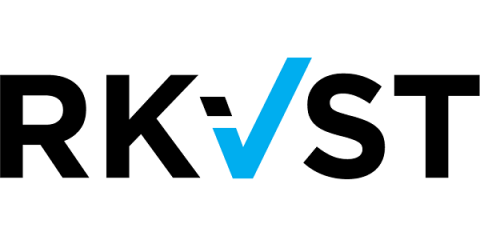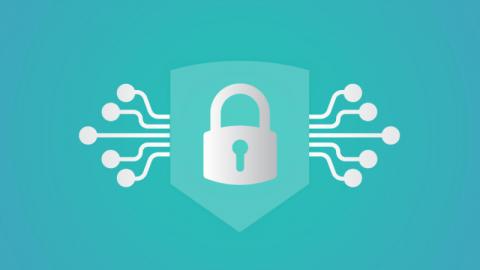SBOMs are the answer! Now what was the question?
Last year the Log4J vulnerability perfectly illustrated how properly shared SBOMs would have helped users find and mitigate the “vulnerability of the decade”. And over the last few days we’ve been worried that we’re in the same place with OpenSSL 3.x. Why will this keep on happening? A lot has happened since The White House issued Executive Order 14028.










